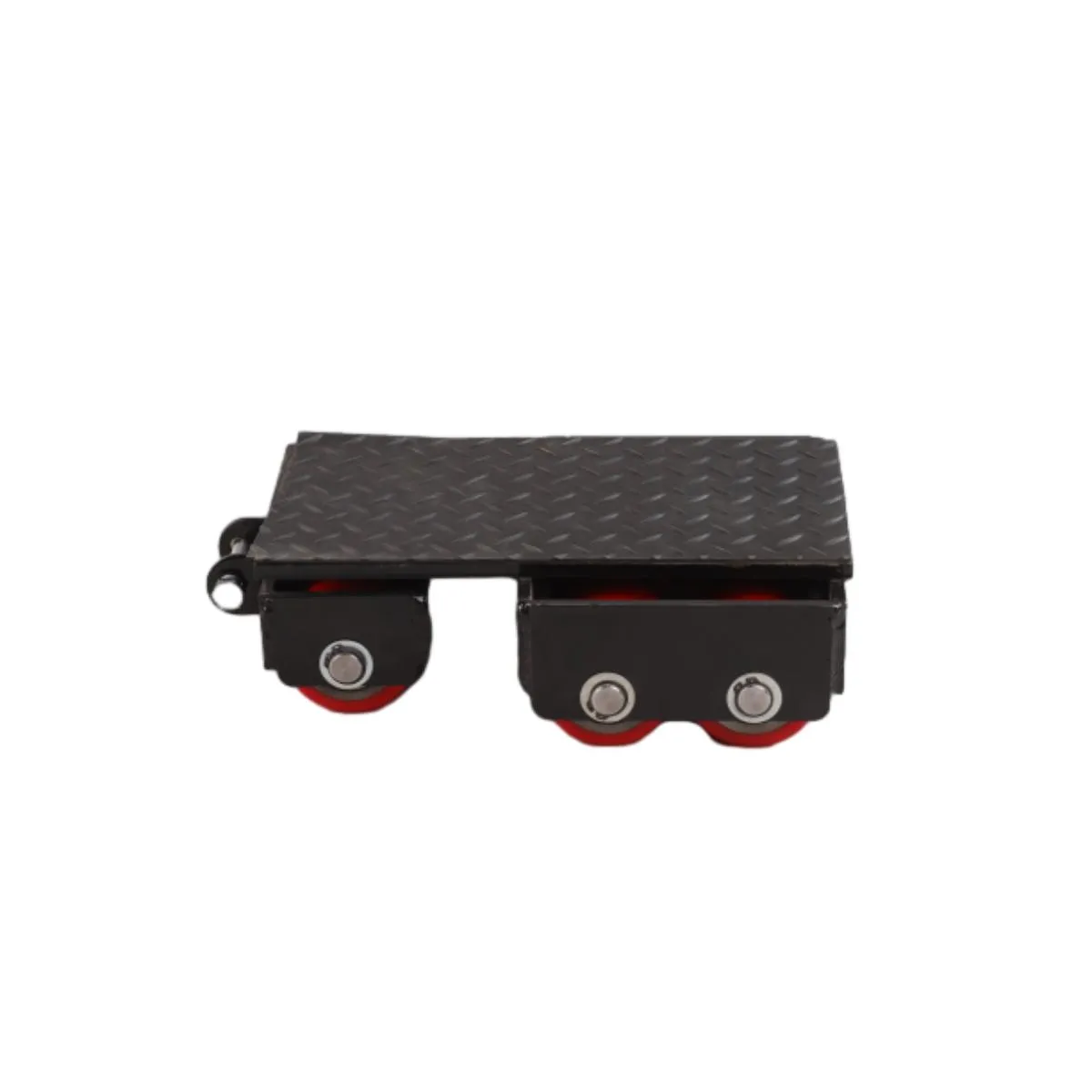Exploring the Benefits and Applications of Heavy Machinery Rollers in Construction and Industry
The Essential Role of Heavy Machinery Rollers in Construction
In the realm of construction and civil engineering, heavy machinery plays a critical role in ensuring projects are completed efficiently and effectively. Among various types of construction equipment, rollers represent a vital segment, specifically designed to compact soil, asphalt, and other materials. This article will explore the different types of rollers, their applications, and the significance of their use in construction projects around the world.
Types of Rollers
Heavy machinery rollers come in several varieties, each with distinct functions and applications suited for different types of projects.
1. Smooth Drum Rollers These are perhaps the most commonly used type of roller. They feature a large, cylindrical drum that comes in single or double configurations. Smooth drum rollers are ideal for compacting asphalt and granular soils. Their heavyweight and smooth surface create a uniform compaction without leaving marks, making them ideal for finishing surfaces.
2. Padfoot Rollers Also known as sheepsfoot rollers, padfoot rollers are designed with protruding pads that dig into the material, providing a more aggressive form of compaction. These rollers are particularly useful for compacting cohesive materials like clay and other wet soils. The unique design enhances the roller's ability to compress the soil deeply, making it suitable for stabilizing bases under roads and foundations.
3. pneumatic Rollers These rollers utilize air-filled tires to provide flexibility in compaction. The pneumatic design allows them to follow the contours of uneven surfaces, making them excellent for compacting asphalt cold patches and finishing work. Their ability to exert varying weights and pressures on the surface makes them versatile in handling different types of materials.
4. Combination Rollers These units combine the capabilities of both smooth drum and pneumatic rollers. They generally feature a smooth drum in the front and pneumatic wheels at the back, providing the best of both worlds. This versatility allows them to efficiently compact a wide range of materials, thereby making them valuable in diverse applications.
Applications of Rollers
The application of heavy machinery rollers spans various sectors, but they are predominantly utilized in road construction, land development, and infrastructure projects.
heavy machinery rollers

- Road Construction One of the primary uses of rollers is in the construction of roads. After laying asphalt, rollers are employed to compact the surface, ensuring durability and a smooth finish. Proper compaction is crucial to prevent future buckling, cracking, and surface imperfections that can arise from improper settling.
- Site Preparation Before the construction of structures begins, land must be properly prepared. Rollers help in soil compaction to create a solid foundation. This preliminary work is vital for flood prevention and controlling the erosion of loose materials.
- Pavement In pavement projects, achieving the correct density and moisture content is essential for longevity and safety. Rollers assist in eliminating air pockets within the asphalt, which can weaken the pavement structure over time.
The Importance of Rollers in Construction
The significance of heavy machinery rollers cannot be overstated in construction. They not only improve the quality of the finished project but also enhance the safety and longevity of structures.
1. Efficiency Modern rollers are designed with advanced technology that increases operational efficiency. Computer-controlled systems allow for better management of compaction processes, reducing the time required to complete projects.
2. Safety Inadequate compaction can lead to severe problems in the future, such as road failures and structural collapses. By ensuring proper compaction, rollers contribute significantly to the overall safety of construction sites and infrastructure.
3. Cost-Effectiveness Investing in high-quality rollers can lead to cost savings over time. Properly compacted surfaces require less maintenance, resulting in lower repair costs and longer lifespans for roads and other paved areas.
4. Environmental Sustainability Rollers can also play a role in promoting sustainable construction practices. By utilizing recycled materials that require solid compaction, rollers help minimize waste and decrease the environmental footprint of construction activities.
In conclusion, heavy machinery rollers are indispensable in the construction industry. Their unique designs and varied applications significantly contribute to the efficiency, safety, and sustainability of modern construction projects. As technology advances and infrastructure demands grow, the importance of these machines will only continue to increase, cementing their place at the heart of construction practices worldwide. Ultimately, a robust understanding of rollers and their functions will empower construction professionals to achieve superior results in every project they undertake.
-
Unlock Seamless Relocation with Our Heavy Equipment Moving ExpertiseNewsJun.06,2025
-
Unleash Unrivaled Flexibility with Our Adjustable Gantry CraneNewsJun.06,2025
-
Unleash Heavy-Duty Efficiency with Our Industrial Gantry Crane SolutionsNewsJun.06,2025
-
Revolutionize Steel Handling with Our Magnetic Lifter RangeNewsJun.06,2025
-
Master Equipment Mobility with Premium Machinery Mover SolutionsNewsJun.06,2025
-
Elevate Your Material Handling with Magnetic Lifter TechnologyNewsJun.06,2025
-
YS Permanent Lifting Magnets: The Smarter Way to Handle SteelNewsMay.22,2025
